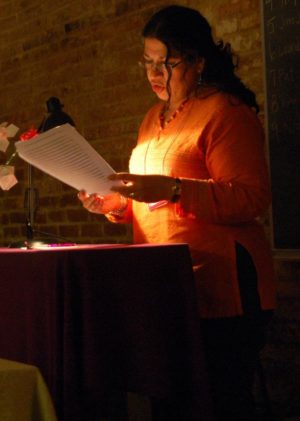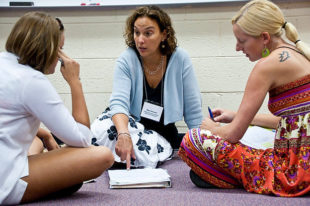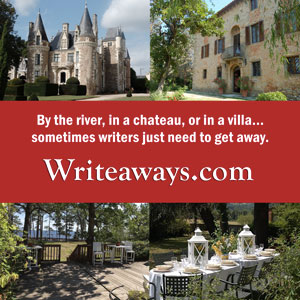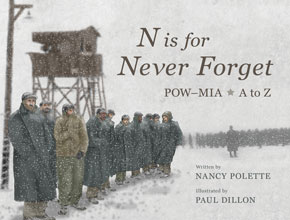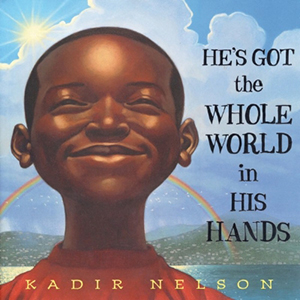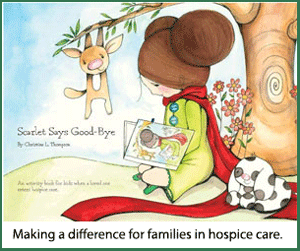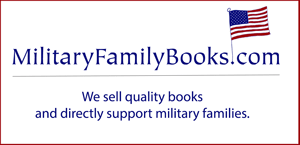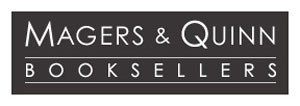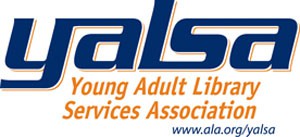Would-be writers pack laptops, blank notebooks, or worn journals filled with handwritten musings into their luggage to travel away from home, sometimes thousands of miles, to learn how to best get words down on paper or to organize what they’ve already written.
Trained wordsmiths, engaged writing teachers, or professional word seekers imagine occupying a space for themselves and with other weary word travelers to work on or teach writing.
A writers’ workshop is in order.
So, what does it take to create a writers’ workshop? It takes more than mimicking the Masters of Fine Arts (MFA) courses experienced by grad students. Seasoned workshop organizers lean on their years of training, months of planning, a keen awareness of the market, and selfless energy as key ingredients to running a successful writers’ workshop.
Writers’ workshop, by definition, is a way to teach writing through writing. It is a moniker for instruction at all levels of writing acquisition. Even teachers at the elementary school level use “writers’ workshops” as a method to teach writing fluency, using repeated exposure to writing and its elements through exercises, practice, and feedback.
This is the way many adults choose to engage with and learn about writing too. More and more, those adults are not necessarily writers by trade, yet they harbor stories they want to tell. The growing market of interested writers, who are invested adult learners, has spawned a number of various writers’ workshop offerings, intentional gatherings of like-minded creative people with a desire to work on the craft of their art.
According to Amy Margolis, director of The Iowa Summer Writing Festival, an acclaimed writers’ workshop program that has been in operation for thirty-two years at the University of Iowa, “The workshop model was initially from visual/ arts crafts workshops.”
The writers’ workshop model seems to have undergone a process in evolution, however.
Amy, who has been with the Summer Writing Festival for twenty-seven years, notes the progression of their program since its inception.
When the program first started, the classes were structured more like mini-MFA writing workshops. she explains, “It was assumed that writers would have something under way and the structure of the learning experience was to share work in progress with a group of people who were kindred. The goal was to receive feedback on that work and return to your burrow and continue either revising or developing.”
Many MFA classes are structured that way, where works in progress are offered and critiqued. The classes operate around a feedback model that can be quite intense. Work is presented to the group and the writer, often asked to remain silent, listens to the dissection of his/her writing.
The Summer Festival currently employs approximately 70 instructors and provides programming in the form of 130 course offerings for approximately 1100 writers during the months of June and July. The program has grown and morphed over the years, tailoring the various offerings to reflect the strengths of the instructors as well as the needs of the attendees. Very few of the courses look like mini-MFA workshops anymore. The Festival discovered that those who attended weekend-long or week-long workshops were coming with a different level of preparedness and they often had different goals.
Amy explains, “It was a limited approach to teaching creative writing at all levels. There are some problems with walking into a workshop, shining a bright, white light on the work with intense scrutiny. If you have everyone jump on it, it can be hard. The traditional workshop model has its place…in grad programs. It can be very effective when pages are at a certain point.”
Mimi Herman and John Yewell, founders and operators of Writeaways, a destination writers’ workshop that operates in Italy, France, and North Carolina, agree that the MFA style of feedback does not work for emerging adult writers who are not necessarily seeking a degree or a career in writing.
They say, “the standard workshop model assumes that we are all perfect readers who have read each piece thoroughly (rather than skimming it the night before) and that the reader understands the work better than the writer, so any criticism a workshop member makes about a piece must be legitimate. It also robs the group of the opportunity to form positive bonds and work together collegially to advance each other’s work.”
Both Writeaways and the Summer Writing Festival have employed different tactics to address the desires of the adult learners who come to them for instruction. They are invested in creating a compassionate community that constructively approaches works in progress or works created over the course of the week or weekend.
For the Iowa Summer Writing Festival it is about fostering a community, encouraging networking and getting hands moving across the page.

University of Iowa’s Summer Writing Festival now uses an evolved community-style writing workshop model.
Amy explains, now workshops are “aimed at adults who are not always getting what they want in their private lives (with regard to writing) and they have other jobs. They are not getting close, careful feedback, not much support and they are not maybe among those like them. When they come they’re coming for community, access to one another, to their people, and for training.”
For Writeaways it is also about fostering the community of like-minded creatives. Participants in the Writeaways programs are generally fans of travel, good food and wine, and they want to expand their knowledge and craftsmanship of writing.
John and Mimi say, “Our business model combines complete pampering in exotic locations with a rigorous approach to writing and critiquing.” They pride themselves on personalizing the experience for their participants, helping them to identify a manageable weeklong writing project that can be tackled over the course of the workshop.
John explains further, “On the first day of the workshop we enter into a verbal agreement. We want to make sure we are all pulling on the same rope.” Readers have the job of helping to identify blind spots and writers have the job of being open to the suggestions. “They have to be open to ideas and then we discuss, and sometimes debate in a collegial manner. It is quite rigorous.”
Mimi explains, “Even before the verbal agreement we ask each participant to bring a sample of 300 words from a writer whose writing they admire. They read their piece and explain why they chose it. We discuss the piece. It helps to set the tone of the landscape. It helps us to get to know who they are and what matters to them as writers.”
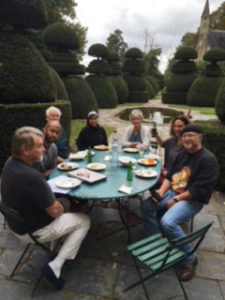
Writeaways fosters a community of like-minded creatives. Participants are generally fans of travel, good food and wine, and they want to expand their knowledge and craftsmanship of writing. Photo courtesy Liz Pena.
Running an effective workshop requires good planning and solid instruction. Workshops like the Summer Writing Festival can offer a wide range of talented instructors with a variety of backgrounds and approaches. For smaller workshops like Writeaways, the uniqueness of the programming includes the powerful combination of John and Mimi’s complementary teaching styles, which adds to the intimacy of the experience.
John and Mimi’s tagteam approach to instruction has proven very valuable to the attendees of their workshops.
Mimi says, “I think it is helpful for writers to hear us disagree. They hear what John thinks and that I think something different. They see that there is no one way to write.” They begin to see that they can take John’s advice or Mimi’s advice or a combination of the two. Mimi continues, “It expands their vision of their own writing.”
In keeping with the theme of multiple options, John and Mimi have also started to offer “build-your-own” Writeaways. Essentially, small groups of writers can determine where in the world they would like to connect and what sort of workshop they would like to experience. John and Mimi make the arrangements and then join the participants to facilitate the workshop they envision.
The growing list of workshop opportunities is a good thing for both aspiring writers and those who want to and are capable of facilitating a workshop for them.
The Summer Writing Festival offers every level of workshop and interested writers indeed have options. Amy acknowledges, however, that The University of Iowa no longer holds the corner on the market for creative writing instruction, and workshop offerings will likely only continue to expand.
Because more and more people are getting high-level degrees in writing, workshops have expanded worldwide, creating communities for writers who desire them. Amy says, “the micro-writing communities all over the land are a gift and an example of progress.”
It is left up to writers to decide what sort of experience will benefit them the most. Whether it is travel to a workshop, or deciding to offer a workshop right where they are, the options are as limitless as their imaginations.
Tips to Build Your Own Writers’ Workshop
1. Attend workshops.
Participating in a number of different workshops will help you to identify what sort of workshop you might want to build.
2. Create a business plan for logistics.
- What space do you have to host the workshop?
- How will you feed and lodge the participants?
- What time of year do you plan to operate?
- What is your budget?
- What can the market bear for your price to attend?
- How many attendees will make the workshop feasible?
- If you have a travel component, do you know the area and/or the language well?
- What connections do you have for a destination workshop scenario?
3. Identify your level of expertise.
- Do you have the credentials to be the instructor, or will you need to employ the help of a qualified instructor?
- Do you plan to bring in a resident author to help with the instruction?
4. Decide your goals for the workshop.
- What sort of community do you want to foster?
- Do you want to gather professional writers with the goal of publication?
- Do you want novice writers who are looking for guidance on pieces they have yet to share with anyone?
- Is there an element of writing you want to explore for a week?
5. Decide your level of critique/conversation/class.
- Do you want participants to present prepared pieces or will you offer generative classes?
6. Plan your curriculum.
- Set up the week or weekend with organized programming. What do you want participants to learn or experience by the end of their time together?
7. Create a marketing plan.
- How will you advertise for your workshop? Word of mouth, social media, advertisement?
Have you hosted or attended a meaningful writers’ workshop that made a difference for you as a writer? Tell us about it in the comments below!
Iowa Summer Writing Festival
Web: IowaSummerWritingFestival.org
Facebook: /IowaSummerWritingFestival
Twitter: @ISWFestival
University of Iowa Writers Workshop (MFA program): @IowaWritersWksp
Writeaways
Web: Writeaways.com
Facebook: /Writeawaysinfo
Twitter: @Writeawaysinfo
Feature photo: Mimi Herman consults with writers Heather and Megan at a Writeaways workshop. Photo by Gary O’Brien.
Meagan Frank is a novelist, mom, coach, and senior writer for Books Make a Difference. She is seeking agent representation for her second nonfiction book, about navigating youth sports. Contact Meagan.
This article was first published July 2018.

